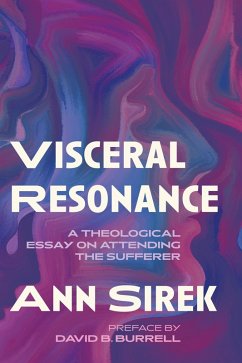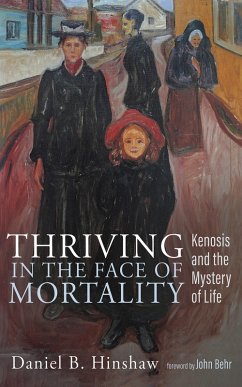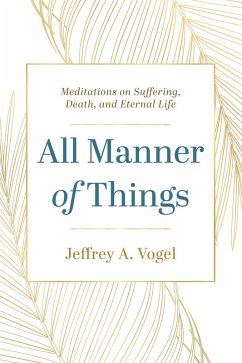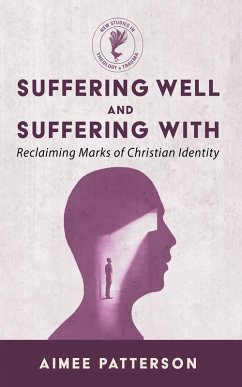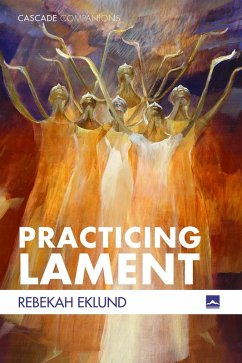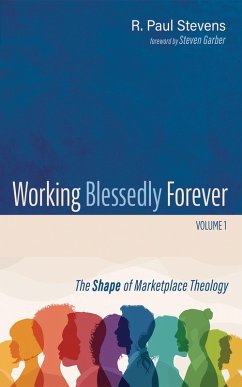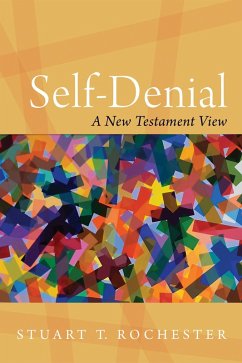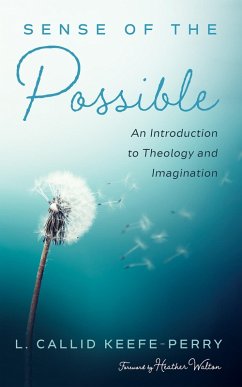It is possible to eclipse a felt sense of physical dread or the expansive feeling of flourishing with the cognitive habit of universalizing our experience. We belong to a culture that surrenders the sacred vitality and dynamism of sensed experience to critical analytic cognition. Cognitional theories and emotions-as-cognitions dominate our understanding of the self; physiologic and anatomic models of normalcy dictate our approach to the body; socio-economic models of global utility shape the common good; abstract moral principles eclipse the holistic sensation of advance towards flourishing. Following Thomas Aquinas on the sensory nature, this book outlines a different approach, in which the depth that lies under cognition and emotion is exposed, allowing human movement to come into focus. Such movements as recoil, contraction, embrace, glee, letting go, crying, etc.--the passions--arise from the sensory interiority, where imprinted experiences of body memory are concealed and shaped by the rational/non-intellectual cogitative sense with meanings of harm and/or wellness. When movement is retained as sensory experience and not universalized by the mind, then the experience of a sufferer becomes permissible in ethics discourse as an expressed felt-sense of emerging mysteriously from dread and advancing towards flourishing.
Dieser Download kann aus rechtlichen Gründen nur mit Rechnungsadresse in A, D ausgeliefert werden.

